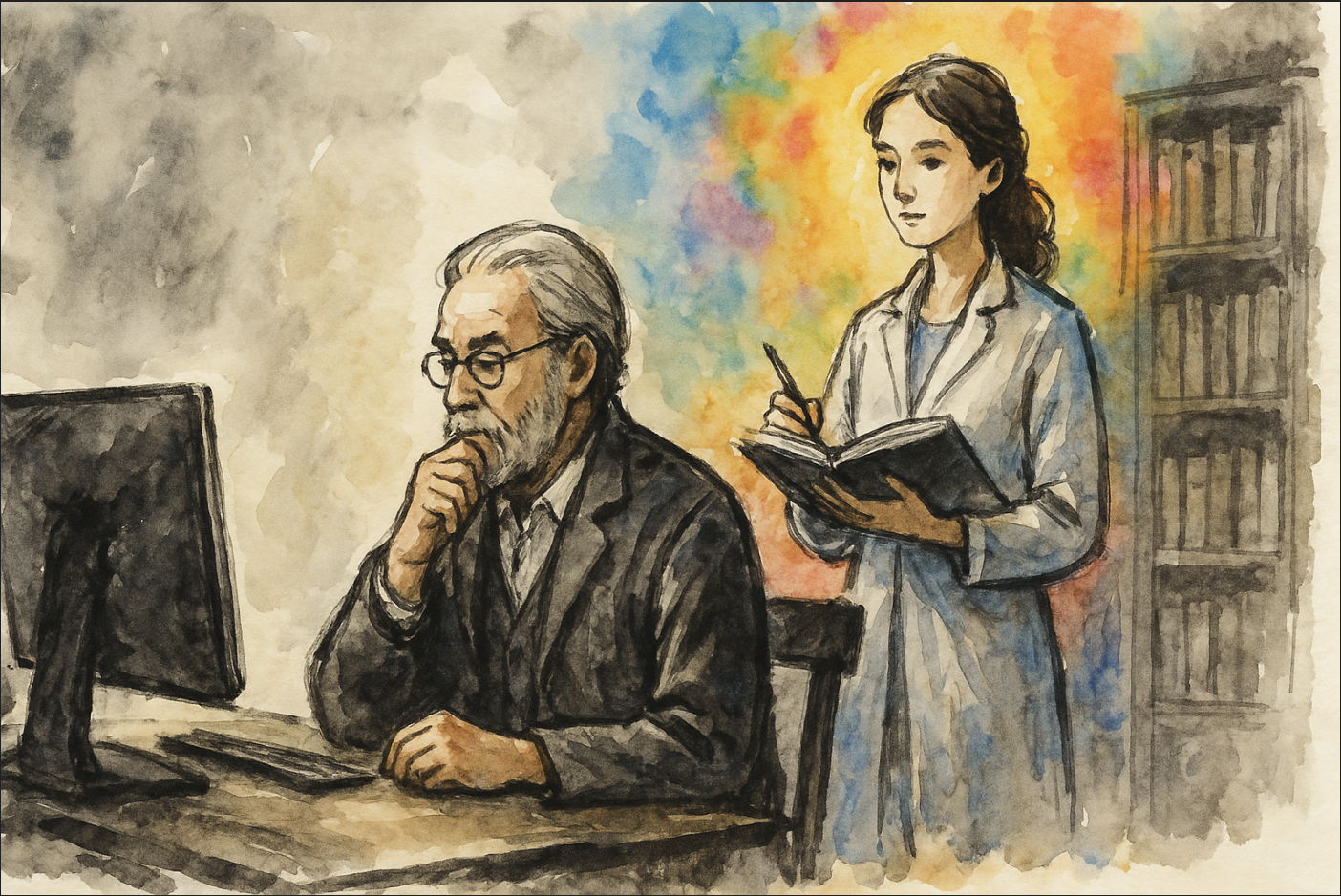When the current centre-right government coalition, supported by the far-right Sweden Democrats party, took office in Stockholm in October 2022, it announced a hardline “paradigm shift” in migration policy.
Messaggi di Rogue Scholar
Marking our 25th anniversary, we launch the Crossref Metadata Awards to emphasise our community’s role in stewarding and enriching the scholarly record.
In my earlier note about how AI should unite conservation, I talked about the robust debate ongoing within Cambridge about whether or not we're too "AI obsessed" and are losing track of our goals in the rush to adopt learning algorithms. Jacqueline Garget has written a brilliant roundup about how colleages like Sam Reynolds, Chris Sandbrook and Sadiq Jaffer in the CCI are leading conversations to make sure we advance with eyes wide open.
Following our previous DNA Day 2025 post covering where we are in the T2T (telomere-to-telomer) genomes era, we have a second expert Q&A covering the topic, this time from Kateryna Makova on the challenges (and opportunities) of
Appalachian History Series Salt, Strategy, and Civil War Kentucky In the fall of 1862, the American Civil War surged into the salt‑rich hollows of Perry County. Confederate armies had just retreated from the state after the bloody Battle of Perryville, yet detachments and partisan bands lingered in the southeastern mountains, hunting provisions the South could no longer import. Chief among those essentials was salt. Without it, armies starved;
Appalachian History Series In the depths of the Great Depression, as rifle fire echoed through Harlan County’s hollows, a four‑page weekly tabloid fanned the flames of war.
Reposted from the original at https://blog.stephenturner.us/p/uv-part-3-python-in-r-with-reticulate. Two demos using Python in R via reticulate+uv: (1) Hugging Face transformers for sentiment analysis, (2) pyBigWig to query a BigWig file and visualize with ggplot2.

Personal names remain among the hardest scholarly metadata to capture properly, including for science blog posts. This week, the Rogue Scholar science blog archive therefore changed how it stores blog post author names: no longer as name, which is the standard in RSS, Atom, and JSON Feeds, but as name only for an organizational author, and as given and family name for personal authors.
Detailing yet another citation manipulation scheme in Google Scholar

In the 20 th century, Tom Clancy’s espionage novels became so popular that his publisher started hiring ghostwriters to respond to the popular demand. But in science, such a thing would be unthinkable, right? No one should contribute to a research paper and not receive their due credit. In peer reviewing, however… Everyone in academia knows it happens, but it’s treated like the problem that-shall-not-be-named.

This is part 3 of a series on uv. Other posts in this series: uv, part 1: running scripts and tools uv, part 2: building and publishing packages This post uv, part 4: uv with Jupyter Python and R I get the same question all the time from up and coming data scientists in training: “should I use Python or R?” My answer is always the same: it’s not Python versus R,